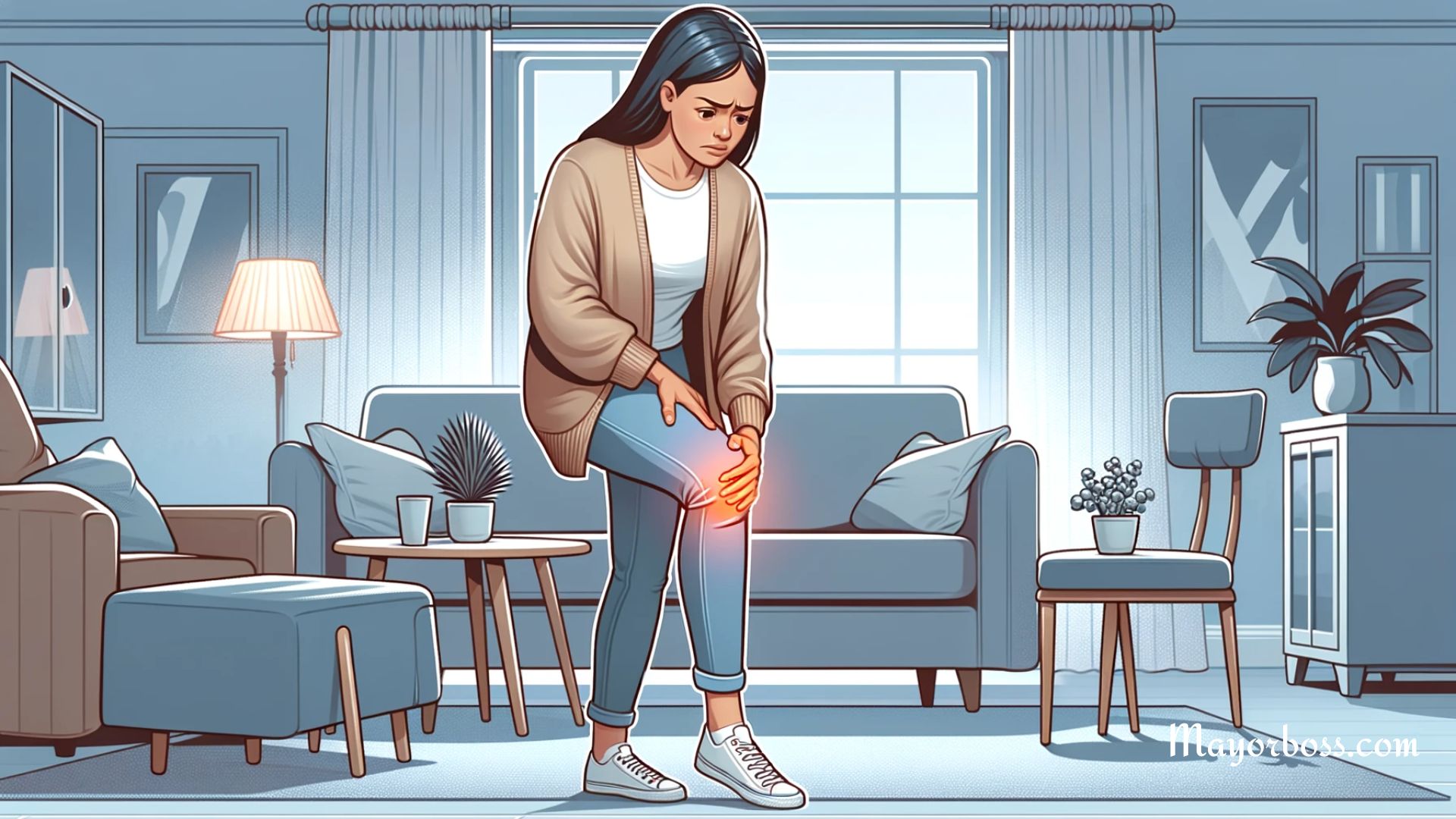Long-Term Opioid Use: The Side Effects You Need to Know
According to the National Institute on Drug Abuse, Opioids are a class of drugs that include the illegal drug heroin, as well as pain relievers available legally by prescription, such as fentanyl, oxycodone, hydrocodone, codeine, morphine, and many others. They work by binding to opioid receptors in the brain and blocking pain signals. While they are effective at treating pain in the short term, there are many risks associated with long-term use.
What is long-term opioid use?
Long-term opioid use refers to the use of opioids on a daily basis for weeks, months, or even years. People who use opioids long-term may develop tolerance, which means they need higher doses of the drug to achieve the same effect. They may also develop physical dependence, which means they experience withdrawal symptoms when they stop taking the drug.
What are the side effects of taking opioids for a long time?
Let’s take a closer look at some of the most common side effects of long-term opioid use.
1. Nausea and vomiting
Opioids can cause nausea and vomiting by irritating the lining of the stomach. This can lead to a loss of appetite and weight loss.
2. Chronic constipation
Opioids can also slow down the gastrointestinal system, leading to chronic constipation. This can be extremely uncomfortable and even painful. In severe cases, it can lead to intestinal blockages.
3. Drowsiness and fatigue
Opioids can cause drowsiness and fatigue because they slow down the central nervous system. This can make it difficult to concentrate and make it more likely that you will fall asleep during activities like driving or operating machinery.
4. Addiction and dependence
One of the most serious risks associated with long-term opioid use is addiction. When you become addicted to opioids, you develop a strong need for them to feel normal. This can lead to destructive behaviors like lying, stealing, or doctor-shopping to get more opioids. You may even begin using illegal drugs like heroin if you can’t get access to prescription opioids anymore. Addiction is a serious medical condition that requires treatment from professionals to recover.
5. Infections
When you misuse opioids, your body’s immune system is suppressed, which makes you more susceptible to infections. In addition, opioids can also cause changes in your hormones, which can lead to yeast infections and other types of infections. In fact, one study found that people who abuse opioids are three times more likely to get infected with HIV than those who don’t.
Chronic opioid use can negatively affect your immune system, leaving you susceptible to hepatitis B and hepatitis C, and HIV.
Dr. Mayor Boss, PhD
6. Liver damage
Opioids can also cause liver damage. When you take opioids, your liver has to work overtime to process the drugs. This can lead to inflammation and scarring of the liver, which can eventually lead to liver failure.
7. Respiratory depression
One of the most serious side effects of opioids is respiratory depression. This occurs when the drug slows down your breathing. In severe cases, it can be fatal.
8. Brain damage
Studies show that long-term opioid use can actually damage the brain. This is because opioids can interfere with the normal functioning of the brain and nervous system. Over time, this can lead to problems with memory, learning, and decision-making abilities. In severe cases, it can even lead to coma or death.
Frequently Asked Questions
Will my body become dependent on opioids if I take them for a long time?
Yes, your body can become dependent on opioids if you take them for a long time. This means that if you suddenly stop taking opioids, you will experience withdrawal symptoms such as anxiety, sweating, shaking, nausea, vomiting, diarrhea, headaches, and muscle aches.
What happens if I accidentally overdose on opioids?
If you accidentally overdose on opioids, call 911 immediately and be prepared to give rescue breaths (if trained) and chest compressions (CPR). Opioid overdoses can cause slow or shallow breathing, blue lips or nails, unconsciousness or coma, and death. Naloxone is a medication that can reverse an opioid overdose; it is available without a prescription in some states and can be administered by injection or nasal spray.
If you are at risk for an opioid overdose, especially if you have opioid use disorder, it is important to carry naloxone with you and keep it at home.
Can I ever stop taking opioids?
Yes, it is possible to stop taking opioids without experiencing withdrawal symptoms; however, If you have been taking opioids for several weeks or months, it is likely that you will experience withdrawal symptoms. Talk to your doctor about the best way to slowly taper off opioids.
How can I avoid getting addicted to opioids?
If you are prescribed opioids, it is important to take them only as directed by your doctor. Do not increase your dose or take them more often than prescribed.
Are there any alternative treatments for pain other than opioids?
There are many alternative treatments for pain other than opioids. Some alternative treatments include over-the-counter medications such as ibuprofen or acetaminophen, exercise, physical therapy, acupuncture, meditation, and massage therapy. Talk to your doctor about which treatment options might be right for you.
Conclusion
Long-term opioid use comes with a number of risks and side effects that can be dangerous or even life-threatening. If you or someone you know is taking opioids for pain relief, it’s important to be aware of these risks and understand how to minimize them. If you think you or someone you know may be suffering from addiction, don’t hesitate to reach out for help from a professional treatment center specializing in opioid addiction recovery.






